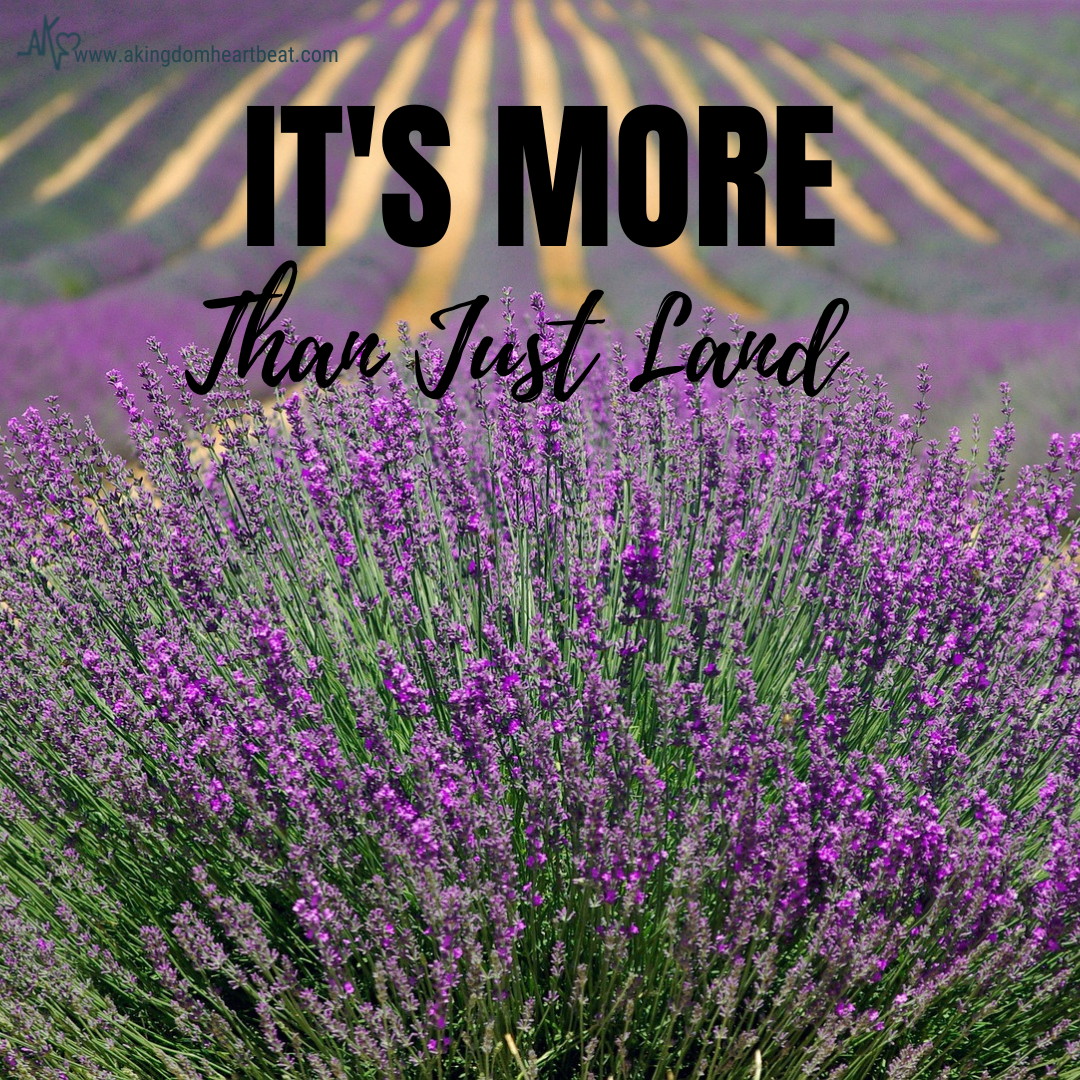I was tempted to skip over a passage such a passage while reading in the book of Joshua in the Old Testament.
What was so important about the land the Israelites needed to take possession of anyway? Didn’t it belong to others who were already dwelling there? Was God just being cruel and socially unjust? What kind of a God would do this?! I wondered.
How do you handle difficult or “uncomfortable” passages in Scripture? Do you ignore them? Skip them? Try to explain them away from your own perspective?
We’ve all encountered difficult passages that have stopped us in our tracks with question marks the size of Mount Everest. A passage I recently read was like that. It was messy. And in my Western Culture worldview, messy is something to step around — not engage.
This time though, instead of ignoring the “mess,” I bravely engaged it. Once I did, God opened my eyes to understand more than just mere words on that page.
How often I want to insert my own culture into the Bible! When I do, I operate on misinformation which leads to misunderstanding.
How easy it is to forget that God set His Word in the context of an organic and relational Eastern (not Western) culture. The culture God chose welcomed contemplation of two seemingly opposing thoughts. Tevye, the father in Fiddler on The Roof, demonstrates this “two-handed” thinking concept. (“On the one hand…. but on the other hand….”)
Personally, I seek comfort in one-handed thinking. I like having all the “right answers, and prefer everything to be black and white, balanced and fair. Of course, I measure it with my own values and understanding.
I tend to place my full weight, trust, and security behind that truth as I’ve come to understand it.
And so when faced with a difficult passage, I read through the lens of my own culture and comfort in an attempt to resolve or avoid conflict. As I examined that passage in Joshua, I experienced the Lord calling me back to Himself through the tension found there.
Once I lay aside the lens of my own culture, I began to understand the importance of the land being more than just land. I discovered the book of Joshua was written in the form of an ancient suzerain land grant. Land grants weren’t for the benefit of the suzerain (lord/king), but for the benefit of the king’s vassals (slaves/people).
Furthermore, a suzerain contract was invitation. The people were invited to live on the king’s land in his kingdom under his control and protection. As long as the people to whom the land was given remained loyal to the king, the land was theirs to keep.
This arrangement gave the people a kingdom identity and sense of security.
So what does this have to do with the anything? In the book of Joshua, God takes on the role of the suzerain. As such, there was no place for those who proclaimed loyalty to other “kings” or gods.
God was carving out a place of identity for His people, so the world would know He is the one true King.
As I pondered this, it made me examine my own heart and life. Do I understand the identity I have in Jesus, my King? God helped the Israelites vanquish enemies that stood in their path, providing protection and direction in combating strongholds. He provides protection and direction today from the enemy of my heart.
The Land offered rest and kingdom living for the Israelites–a place where God’s glory would be on display for all the nations to see and know He is the one true King. In like manner, God offers me adoption into His kingdom. Here, His glory gets to be on display in the midst of my weakness so all will see and know He alone is God.
These are just a few things God revealed to my heart as I engaged the “mess” of a difficult passage. Context is everything, and internal conflict can lead to great growth.
“How long will you wait before you begin to take possession of the land that the LORD, the God of your ancestors, has given you?” –Joshua 18:3
It’s time we begin to engage the Scriptures in their context. Often land is more than mere land.

